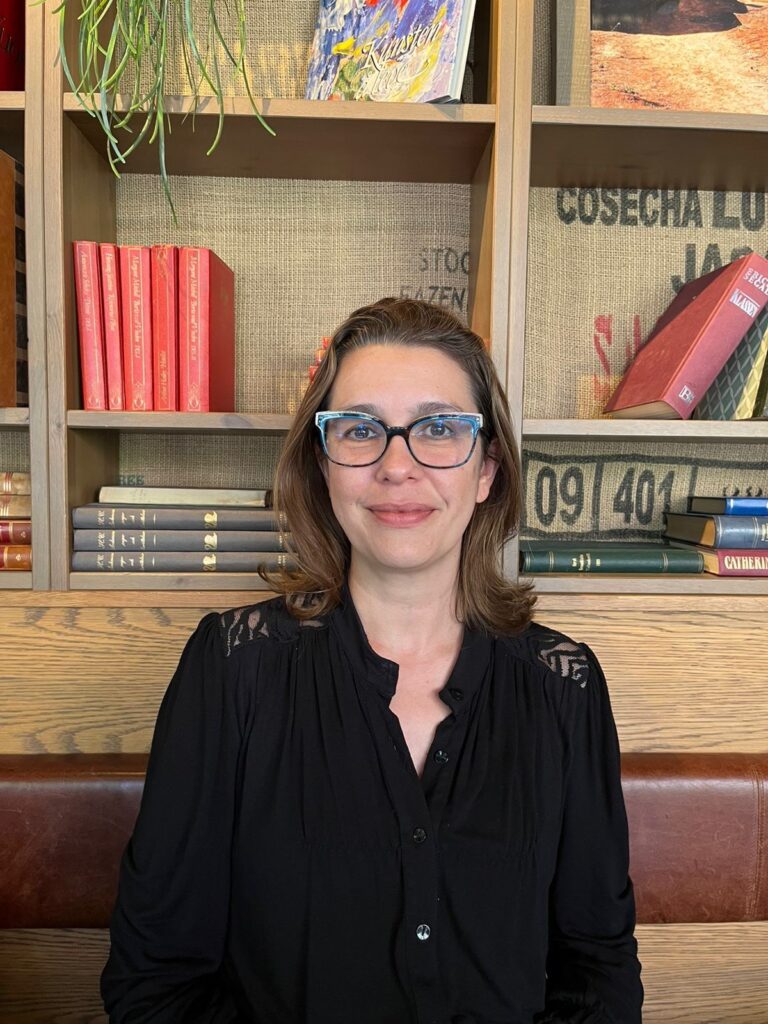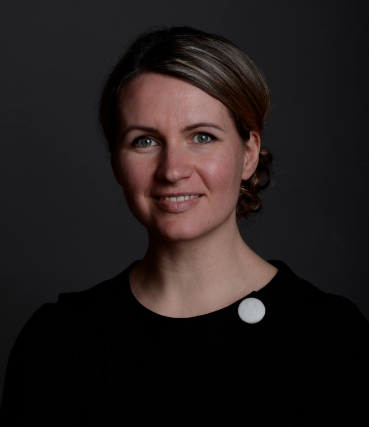by Lina Pranaityte & Jennifer Miller, Heidelberg University, Heidelberg School of Education, Germany and Lucia Mesquita & Shane Murphy, Dublin City University Institute of Future Media, Democracy and Society – Fujo, Ireland.
The TeaMLit project – “Teacher Education in Digital and Media Literacy: Providing Guidance, Resources and Support for Teacher Trainers in Europe” – has launched its third report on Media and Information Literacy (MIL) education and training for teachers in Europe. It is the final report, in which the research team examines six European countries: Austria, Cyprus, Finland, Greece, Lithuania, and the Netherlands.
To compile the report, we primarily employed the MIL framework as conceptualised in the context of the TeaMLit project. Stemming from academic discussions and insights from our partners and specialists, we define MIL as the interlinked competencies and knowledge required to access, find, analyse, evaluate and produce media. MIL education aims to develop people’s critical skills for becoming well-informed, empowered, and responsible citizens in democratic, equity- and justice-based societies. The subjects or topics related to MIL might involve, but are not limited to, critical thinking, dis-/mis-information, (social) media, multimodality, new literacies, online safety, data literacy, conspiracy theories, cyber issues, digital and technology skills, etc.
The data for the reports has been collected from an analysis of policy papers and academic publications on the topic in respective countries and numerous interviews with various stakeholders in MIL in each researched country. Here are several of the most crucial findings:
Disinformation and fake news remain among the strongest driving forces for the recognition of the significance of MIL education in all researched countries. This remains important at all levels, from policy to day-to-day classroom activities and especially in contexts with direct effects of Russia’s war in Ukraine, like Lithuania or Finland. In these countries, MIL competencies are perceived as part of national defence strength and resilience building. Both countries stress the significance of critical thinking in MIL and the emphasis on pre-school education in MIL, which are strengthened through national educational agencies and continuous professional development offers (currently more so in Finland).
MIL predominantly remains a cross-disciplinary competence that can be acquired across all subjects and all levels of education. The guidelines and frameworks vary significantly from one country to another, between urban or rural sites within the same country and from one educational institution or even classroom to another. In Cyprus, for example, while there are initiatives like the “National Strategy for a Better Internet for Children”, there is no clear, overarching policy for integrating MIL into the education system. While there is a significant variation in how MIL is incorporated into teacher training programmes in Finland, for schools, MIL is part of the national core curricula through the transversal competencies “ICT” and “multiliteracy”. However, the schools have a lot of freedom when implementing these national core curricula because there is a strong focus on contextualisation to the local context. Austria, however, is an example of both the challenges and progress in media literacy education. The Austrian government has taken steps to address media literacy through initiatives and policy changes. The Federal Ministry of Education has developed a digitalisation plan and published a fundamental decree, which includes integrating media education into the school curriculum. Despite these efforts, implementing these policies remains inconsistent, with significant variations in how media literacy is taught across different regions and institutions.
The report reveals substantial variability in the media literacy education provided to pre-service teachers across different countries and institutions. In Austria, for instance, there are very few compulsory courses on MIL for pre-service teachers. However, subjects, foci, and courses concerning MIL can be chosen voluntarily. For example, in many institutions, students can now study to become teacher in “Basic Digital Education”, a new school subject concerning media literacy incorporated into the curriculum for lower secondary education in 2022. However, digital competencies are often emphasised over critical media literacy skills. In the Netherlands, MIL policy development involves various stakeholders and initiatives like Netwerk Mediawijsheid and the Dutch Digitalisation Strategy 2.0, which promote digital literacy. However, interviewees noted that teacher training focuses more on digital competency and integrating new technologies than critical media literacy, such as media analysis or production.
In-service teacher training programmes (often provided by NGOs) were more prevalent than pre-service programmes. In Finland, for example, the Finnish Society on Media Education and the National Audiovisual Institute KAVI offer extensive resources and training for in-service teachers, helping to bridge the gap left by the pre-service training programmes and offering opportunities to refresh knowledge and skills in the changing media landscape. In Austria, the government’s launch of activities such as the eEducation network, which provides resources and support for digital education and the digitalisation of schools, has been well-received by schools and teachers. However, a significant need remains for more coordinated efforts to ensure all teachers access high-quality MIL training, including concerning critical media literacy skills.
Another crucial TeaMLit research finding is that there is practically no exchange or feedback loop between in-service and pre-service teacher education in MIL in all researched countries. The TeaMLit project’s findings underscore the importance of a more coherent and effective MIL education framework, which will equip (future) teachers with the necessary skills and knowledge and empower students to navigate the complex media landscape critically and responsibly.
For more detailed insights, the full TeaMLit project report and other outputs of the project please visit: https://media-and-learning.eu/project/teamlit/

Lucia Mesquita, Postdoctoral Researcher, Dublin City University Institute of Future Media, Democracy and Society – Fujo, Ireland

Dr. Lina Pranaityte, Research Associate, Heidelberg University, Heidelberg School of Education, Germany

Jennifer Miller, Research Associate, Heidelberg University, Heidelberg School of Education, Germany

Shane Murphy, Postdoctoral Researcher, Dublin City University Institute of Future Media, Democracy and Society – Fujo, Ireland














